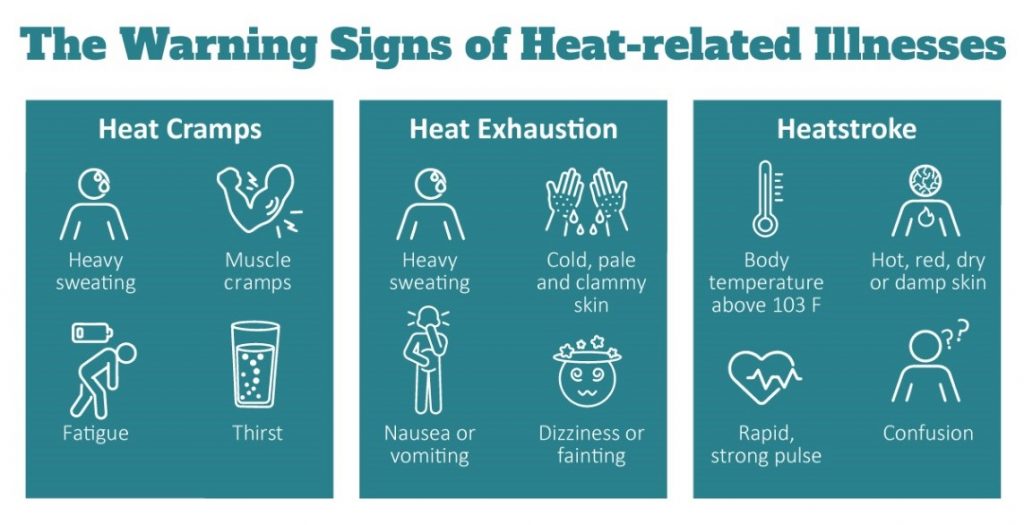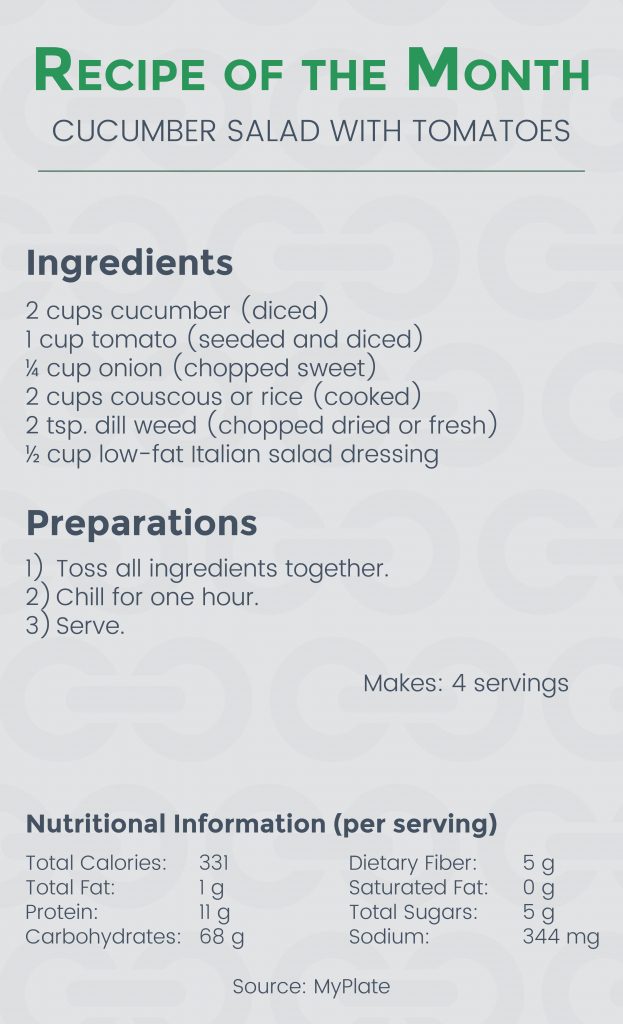Live Well Work Well – August 2022

988: America’s First Three-digit Mental Health Crisis Line
The 988 Suicide and Crisis Lifeline (Lifeline) launched nationwide on July 16. Similar to dialing 911 for medical emergencies, people in emotional distress or suicidal crisis can call or text 988 and be connected immediately to trained counselors who will listen, provide support and connect people to resources if necessary. We want you to Live Well Work Well August 2022.
The three-digit dialing code is new, but the Lifeline is not. Previously known as the National Suicide Prevention Lifeline, callers only reached the 24/7 national crisis hotline by dialing 1-800-273-8255 (TALK). The easy-to-remember dialing code (988) is meant to replace that number; however, callers will still be connected to the same services, regardless of which number is used. The Lifeline provides services in both English and Spanish.
Since 2005, the Lifeline has been a network of roughly 200 crisis centers funded by the U.S. Department of Health and Human Services’ Substance Abuse and Mental Health Services Administration. Since its founding, the Lifeline has received more than 20 million calls from people in distress looking for help when they needed it most. Nearly 2.4 million calls occurred in 2020 alone, illustrating America’s current mental health crisis.
Suicide is the second leading cause of death amongst preteens and adults aged 25 to 34, according to the Centers for Disease Control and Prevention (CDC). The Lifeline is a direct connection to compassionate, accessible care for anyone experiencing mental health-related distress, including thoughts of suicide, mental health or substance use crisis, or other emotional struggles. People can also call the Lifeline if they are worried about a loved one who may need emergency support.
Just as Americans know to call 911 in a medical emergency, it’s vital to spread the word about 988 in your own state. This new three-digit dialing code could provide immediate support during someone’s darkest hour.
Safety Tips to Beat the Heat
Summer heat can be more than uncomfortable; it can threaten your health, especially for older adults and children. Hot and humid weather can make it more challenging for your body to cool down, leading to heat-related illnesses. Three types of such illnesses include heat cramps, heat exhaustion and heatstroke. If left untreated, they can become life-threatening.
Don’t let the summer heat get the best of you. Consider the following tips to prevent heat-related illness:
Drink plenty of fluids.
Eat light, refreshing foods.
Wear lightweight, light-colored and loose-fitting clothing.
Apply sunscreen and wear a wide-brimmed hat and sunglasses.
Do chores or other outdoor activities in the morning or evening.
Stay indoors as much as possible or take breaks from being outside.
Keeping these tips in mind means you’re on your way to beating the heat. Learn more about the symptoms of heat-related illnesses below.

Are You Up-to-Date on Your Immunizations?
August is recognized as National Immunization Awareness Month to promote the importance of immunizations at all life stages. Vaccination protects against severe illnesses and complications of vaccine-preventable diseases. Such illnesses include measles, polio, hepatitis, meningococcal meningitis—and now, COVID-19.
Vaccinations are so vital that the CDC offers immunization schedules to help you understand if you or other loved ones are up to date on vaccinations:
Talk to your doctor for more information on vaccines or to learn more about which ones you may need.

Check out last month’s edition of Live Well Work Well – July 2022.
All of us here at CoverLink wish you continued health and safety this year!



